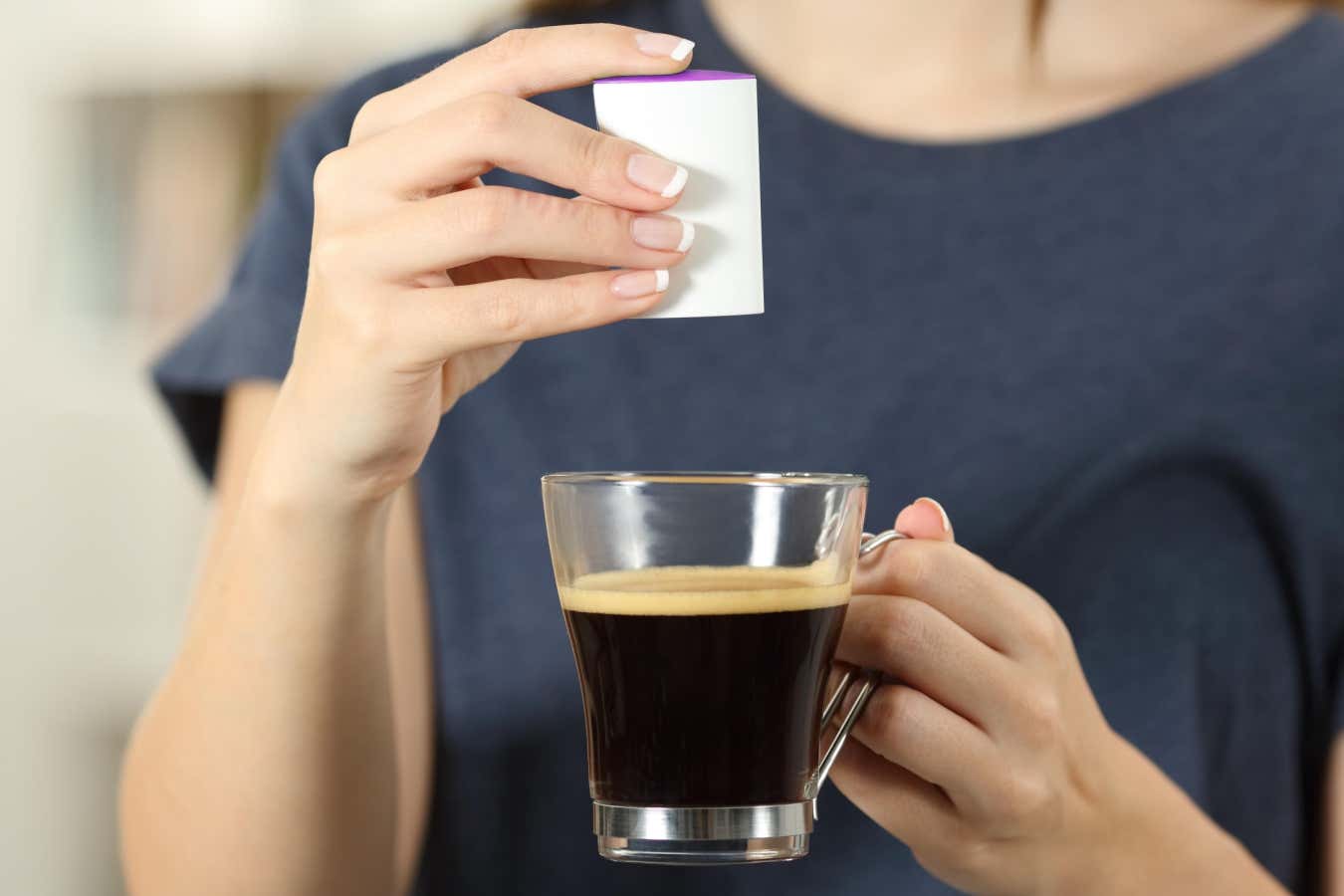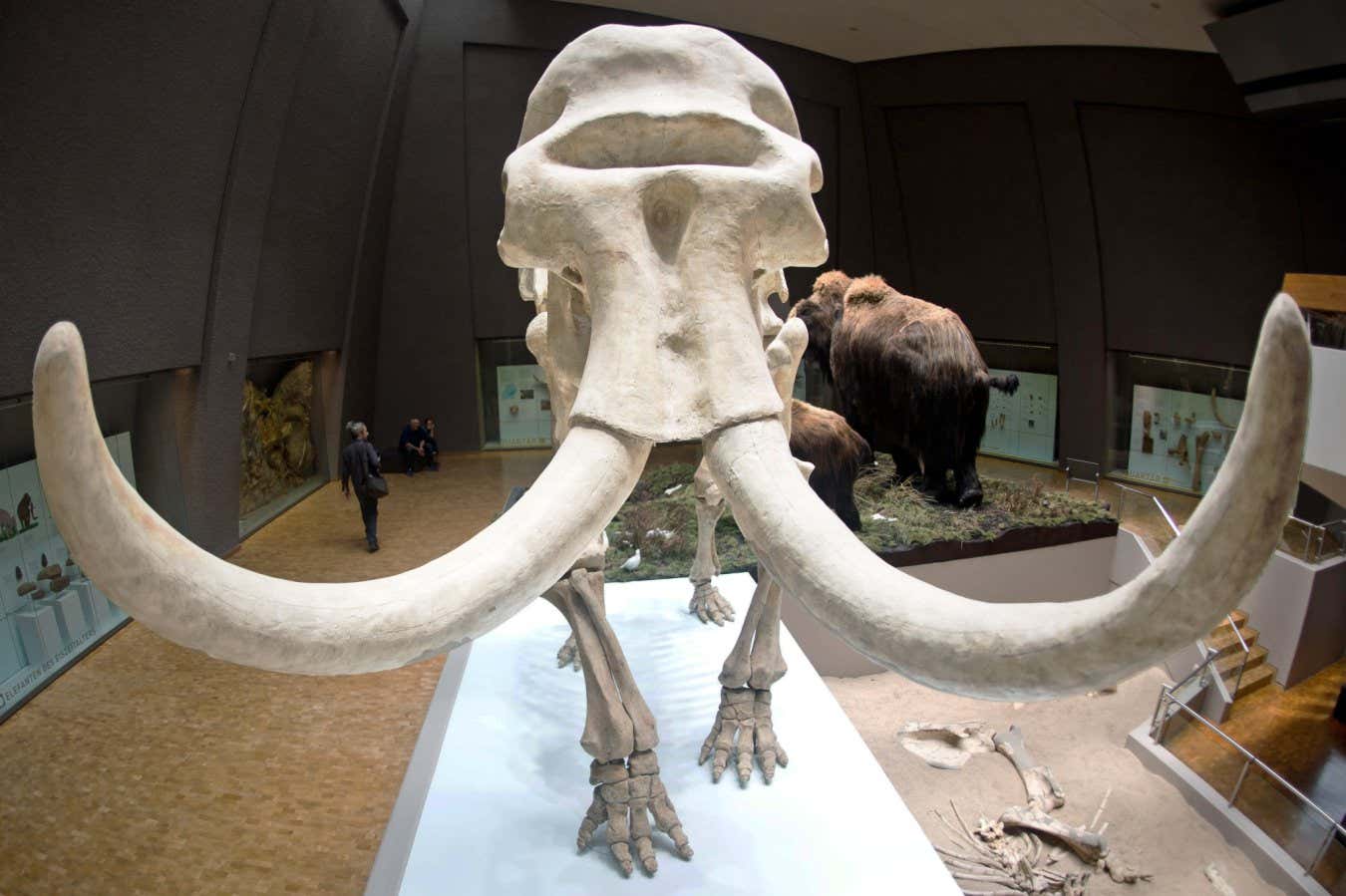Now Reading: Artificial Sweetener Linked to Triple Increase in Hunger Compared to Sugar
-
01
Artificial Sweetener Linked to Triple Increase in Hunger Compared to Sugar
Artificial Sweetener Linked to Triple Increase in Hunger Compared to Sugar

Quick Summary
- Artificial sweetener impacts on appetite: The sweetener sucralose leads to heightened brain activity in regions tied to appetite, possibly making people feel hungrier.
- Possible effects on eating habits: Findings suggest that artificial sweeteners might provoke overeating rather than curb cravings for sweets.
- Global trend: Sucralose and other artificial sweeteners are gaining popularity worldwide as consumers aim to reduce sugar intake due to associated health risks.
- Research evidence: Studies on rodents and small human groups indicate potential downsides of artificial sweeteners, offering further evidence of their controversial impact on health.
Image Caption: The artificial sweetener sucralose may stoke hunger rather than abate it (Credit: Antonio Guillem Fernandez/Alamy).
Indian Opinion Analysis
India has seen exponential growth in the consumption of artificial sweeteners, fueled by rising concerns over diabetes and obesity across diverse population segments. Wiht findings like those involving sucralose’s link to increased hunger, there is a need for more extensive research within the Indian context-considering dietary patterns, socioeconomic factors influencing food choices, and regional differences in metabolic responses.The implications of such studies are significant for public health policies surrounding non-sugar alternatives marketed as safe substitutes.Authorities may need greater scrutiny over claims made by companies producing these additives while elevating conversations around balanced diets emphasizing natural sweetness sources such as fruits.
Given India’s extensive reliance on processed foods containing these additives, public awareness campaigns about their unintended consequences might be essential in ensuring informed consumption choices among its citizens.

























